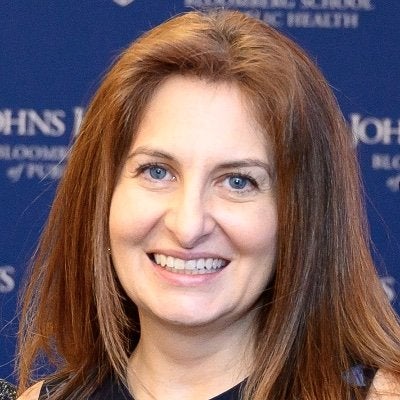Over 500 educators to meet for Trauma Sensitive Schools Symposium on June 6

The full-day conference will focus on trauma-informed approaches to education and discuss the power of resilience. Photo courtesy Adobe Stock
Educators are no strangers to trauma. In and out of the classroom, teachers, counselors and school staff work to ensure every student has a chance to succeed, and that includes being informed about the effects of difficult childhood experiences — an undertaking that requires knowledge, compassion and a supportive community.
That’s why the Trauma Sensitive Schools Symposium was created — a grassroots effort bringing educators together to support one another, share experiences and learn more about what it means to be trauma informed.
For its seventh year, the conference is taking on the theme “Resilience is Resistance.” Over 500 attendees are already slated to attend the remote event, representing a 75% increase from last year’s attendance numbers. Attendees, who have until June 1 to register, will receive a certificate of attendance for professional development when they attend the full conference day.
Through the all-day conference on June 6, educators, counselors and other school staff will learn about trauma-informed approaches to education and discuss the power of resilience.
“The annual Trauma Sensitive Schools Symposium is a model of how to build a community of practice that includes broad educational stakeholders as well as researchers,” said co-organizer Sarah Lindstrom Johnson, an associate professor at Arizona State University's T. Denny Sanford School of Social and Family Dynamics.
“The conversations are rich and meaningful and are where hope for the future and real challenges meet in constructive dialogue.”
A slate of engaging speakers and panels
Tamar Mendelson
This year’s conference features keynote speaker Tamar Mendelson, professor at the Johns Hopkins Bloomberg School of Public Health, director of the Johns Hopkins Center for Adolescent Health and chair of the Adolescent Health steering committee of the Bloomberg American Health Initiative.
A clinical psychologist, Mendelson will bring her experience in youth mental health issues, positive youth development and mindfulness-based interventions and share a strengths-based, community-centered perspective on education. She will be sharing the virtual stage with youths from Baltimore, who will discuss their own resilience and how the educational system supported it.
After Mendelson speaks, the conference will move into four types of breakout sessions with two speakers presenting in each. Attendees will have the opportunity to move between the sessions freely, which include topics focused on educators, social workers or school psychologists, administrators and general school staff.
In addition to the breakout sessions, a panel of experts in trauma-informed education will discuss what resilience might look like in Arizona’s schools, which is a first in the conference’s history.
“We are excited to gather as a community of educators, to relate through our experiences and share thoughtful, authentic conversations that bring renewed perspectives,” Lindstrom Johnson said. “Together we can explore positive ways to overcome challenges and foster supportive, trauma-informed educational environments. This is really the only path towards educational equity.”
The event is jointly organized by ASU PFS CARE (funded through a grant from the Institute for Educational Sciences, for which Lindstrom Johnson is the principal investigator), the AZ ACES Consortium and the Arizona School Boards Association.
More Health and medicine

Reducing waste in medical settings
Health care saves lives, but at what cost? Current health care practices might be creating a large carbon footprint,…

ASU offers bilingual counseling to Spanish speakers
Arizona is one of the five states in the nation with the highest percentage of Hispanic residents, according to the U.S.…

College of Health Solutions launches first-of-its-kind diagnostics industry partnership to train the workforce of tomorrow
From 2007 to 2022, cytotechnology certification examinees diminished from 246 to 109 per year. With only 19 programs in the…


